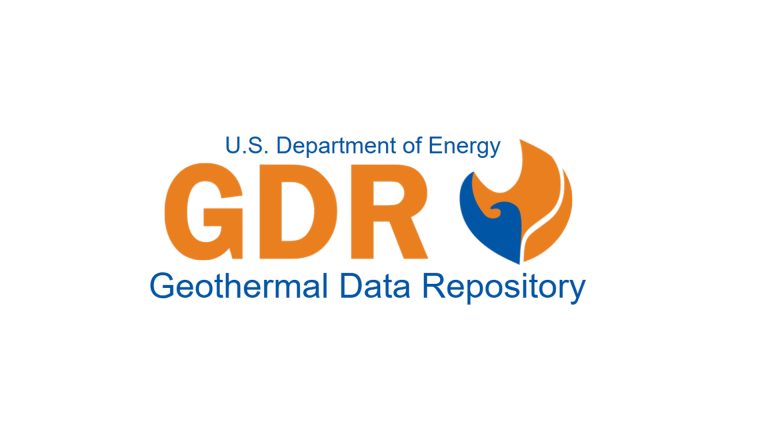
The team behind the Geothermal Data Repository (GDR) has announced the release of AskGDR, a virtual research assistant that allows users to discover data by asking questions and without the bounds of typical keyword searches.
Managed by DOE’s National Renewable Energy Laboratory (NREL), the GDR provides free, universal access to all relevant data generated from projects funded by the Geothermal Technologies Office (GTO) and supporting partners. For more than ten years, data from these projects were uploaded to the GDR for public use, resulting in 1,268 datasets and 287 TB of data.
As more data is uploaded to the site, the GDR team addresses accessibility at multiple levels, and the ability to discover the data is just the first step.
“A deeper level of accessibility is being able to use the data in a meaningful way, making sure that all the necessary contextual information is there to use the data effectively,” explains Jon Weers, a data scientist and GDR architect at the National Renewable Energy Laboratory (NREL).
The AskGDR virtual research assistant allows users to access relevant datasets and supporting documents by making more intuitive queries, and not just keyword searches.
Making geothermal data available to all
This latest measure is part of one of the objectives of GDR – to ensure that geothermal data is available to people and communities regardless of location or sector. Another level of accessibility is the integration of GDR with DOE’s Open Energy Data Initiative (OEDI), which allows massive datasets to live in the cloud.
“By putting these large data sets in the cloud, we’ve made them truly accessible. Previously when working with big data, you were inadvertently limiting your ability to collaborate to institutions that could handle that, like a large lab or a Fortune 500 company,” noted Weers.
“But now because the GDR is integrated with OEDI, it’s in the cloud and that opens the door for a wider array of institutions and organizations like smaller universities, high schools, startup companies and other sources of innovation.”
By facilitating equal accessibility, the GDR can support historically under-resourced communities as well as those that lack access to larger scientific communities. Making this information public and free to download means that the data collected in one community can help another explore sustainable and clean energy resources.
Through the GDR, GTO is meeting its commitment to data accessibility and continually improving ways to find and use data more quickly, broadly, and efficiently. This directory houses data with far-reaching impact, fueling innovation, promoting scientific discovery, and supporting the global scientific community.